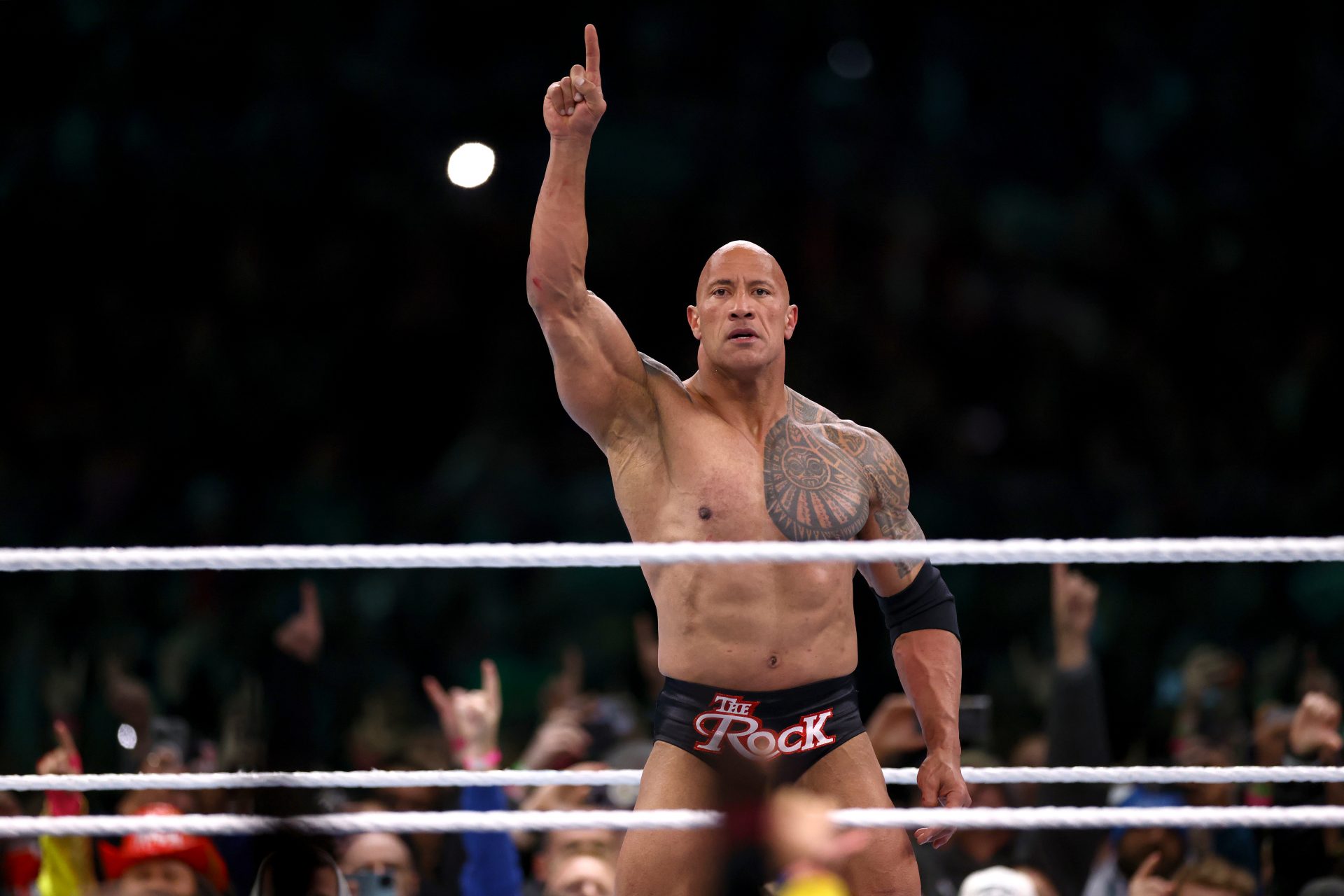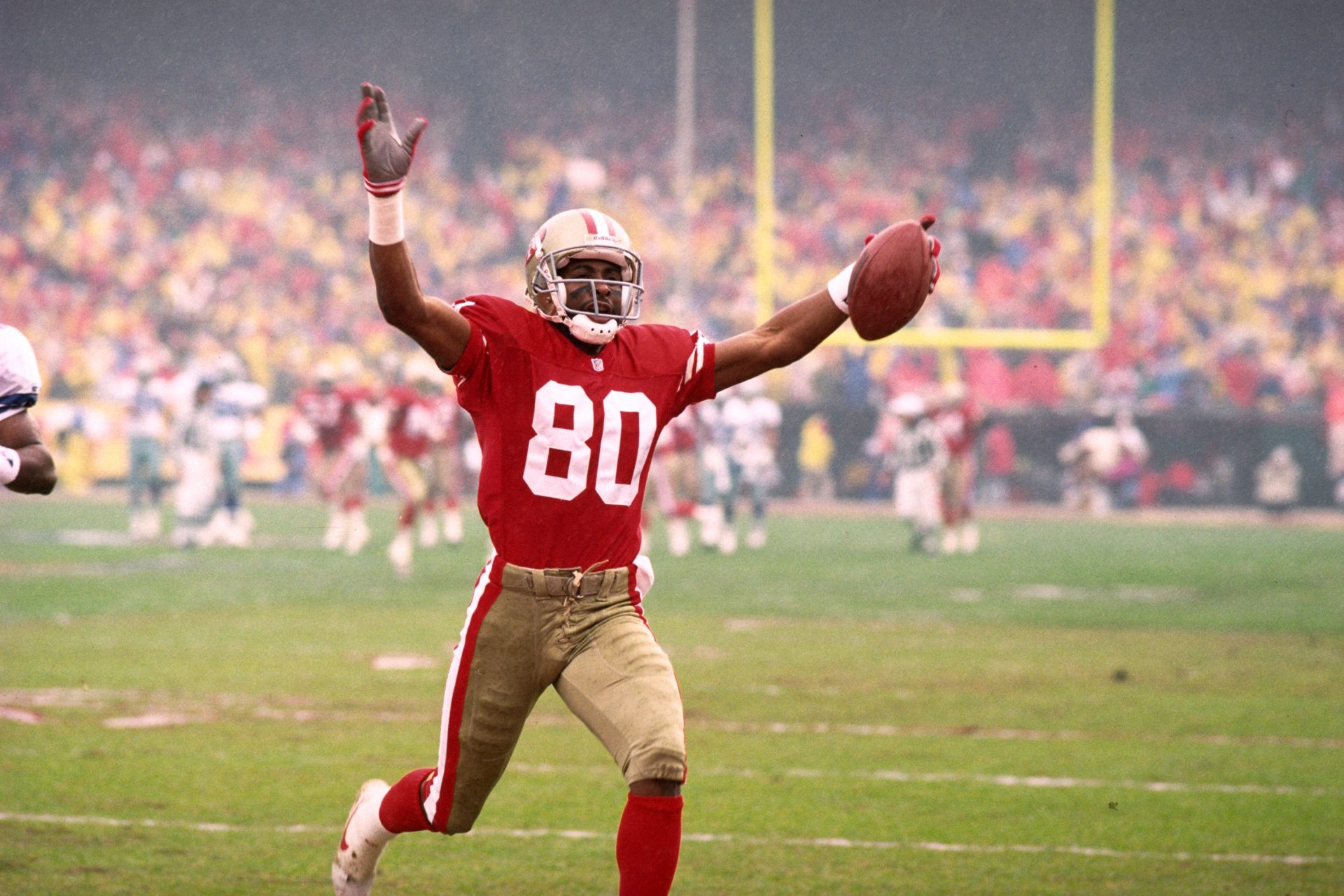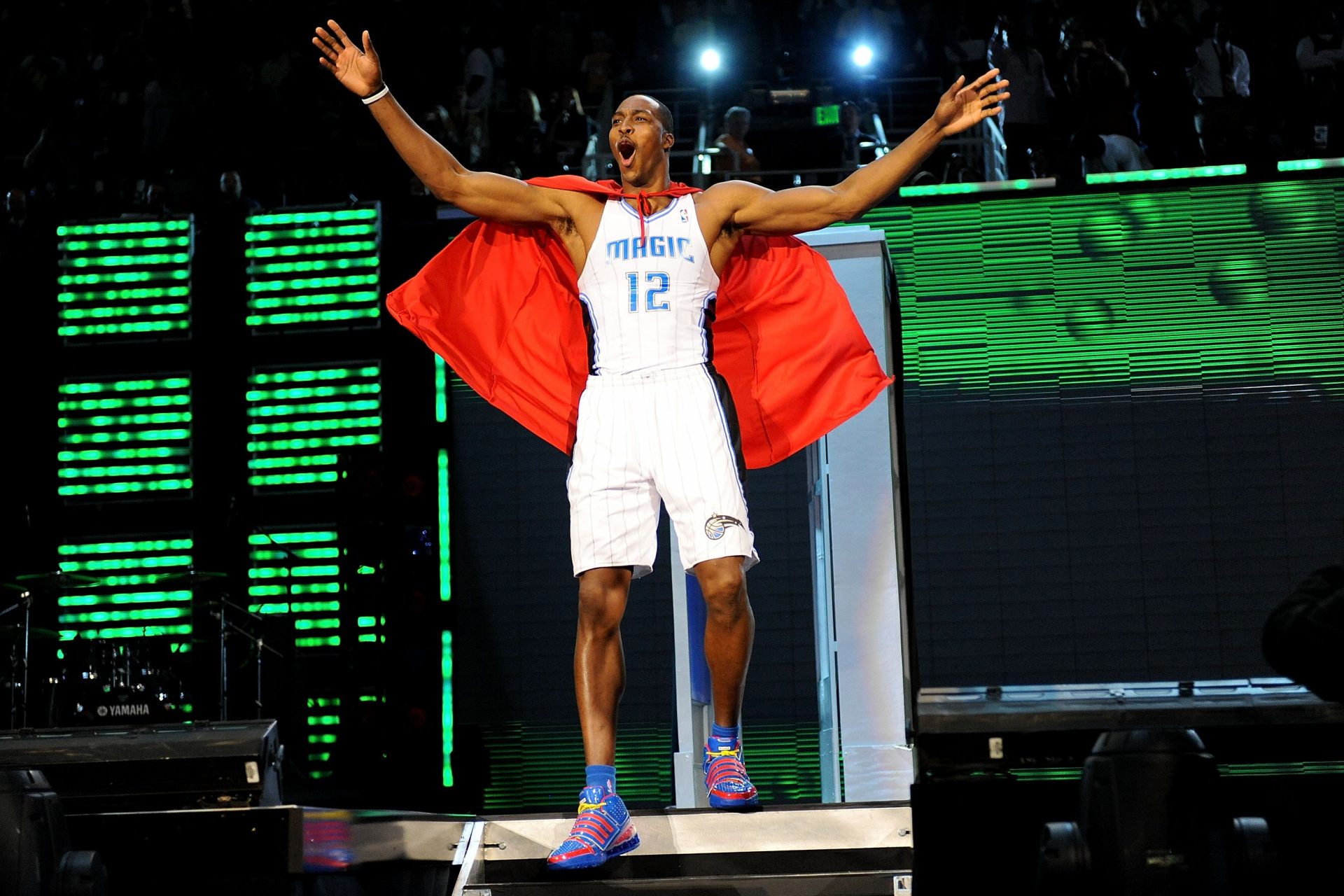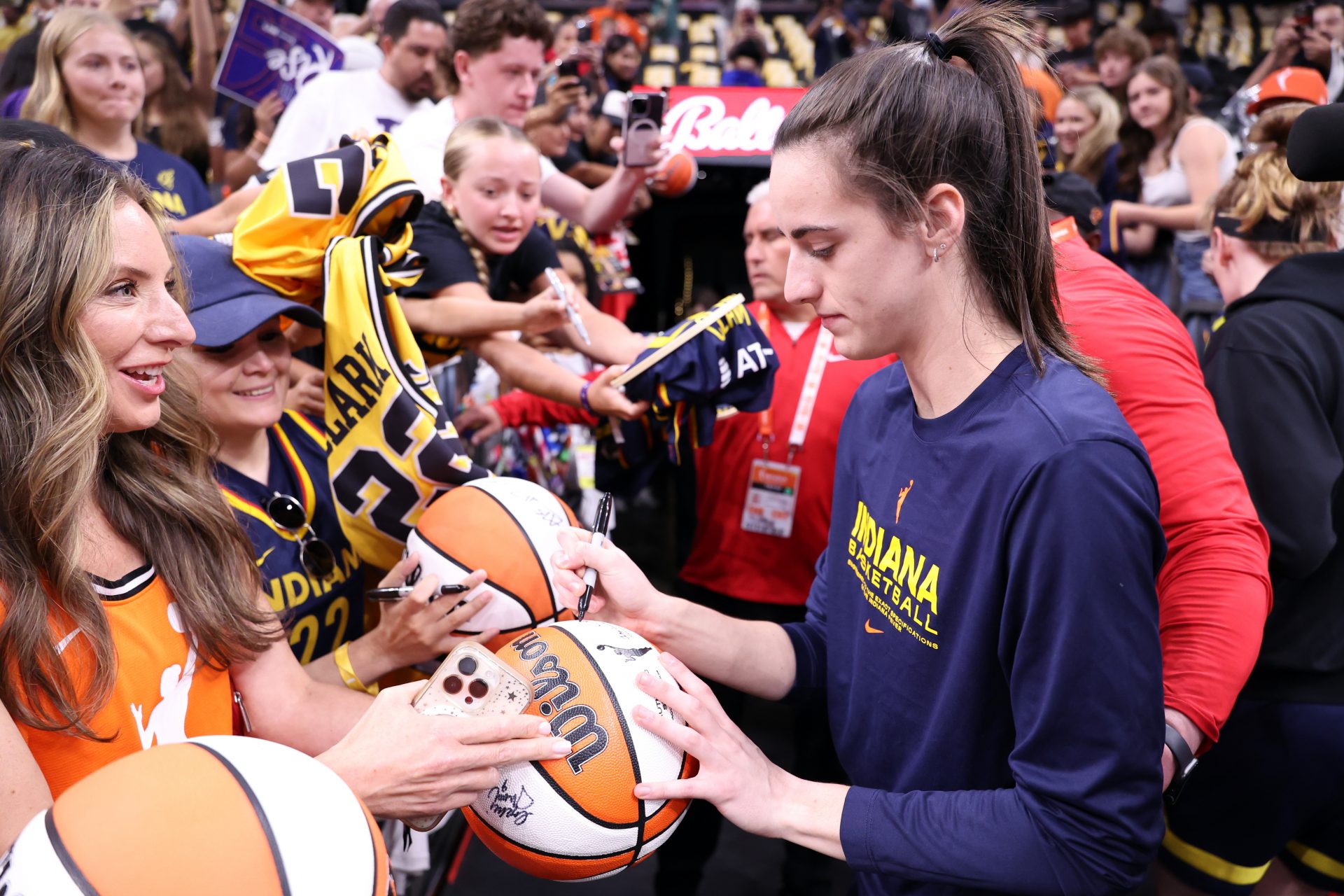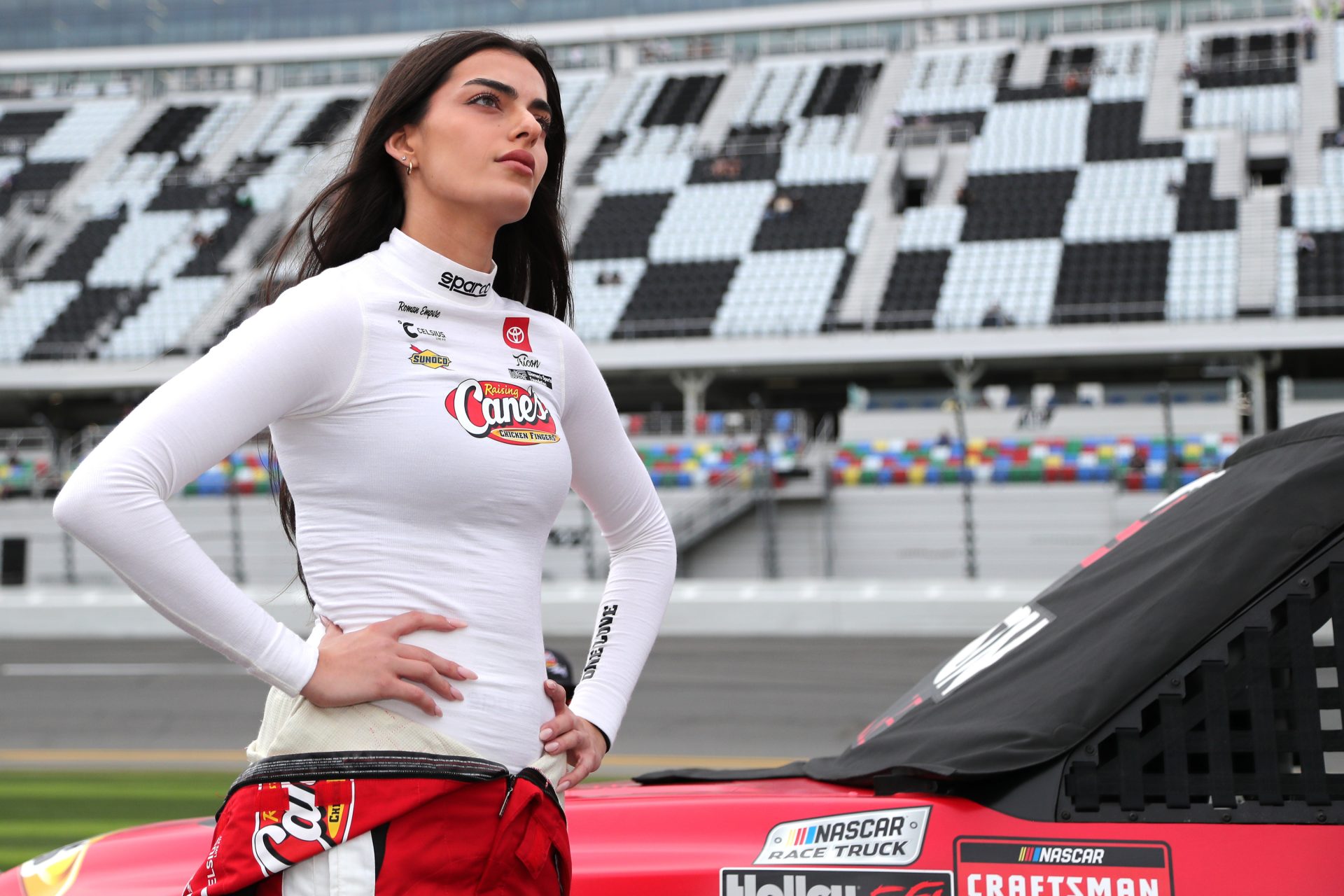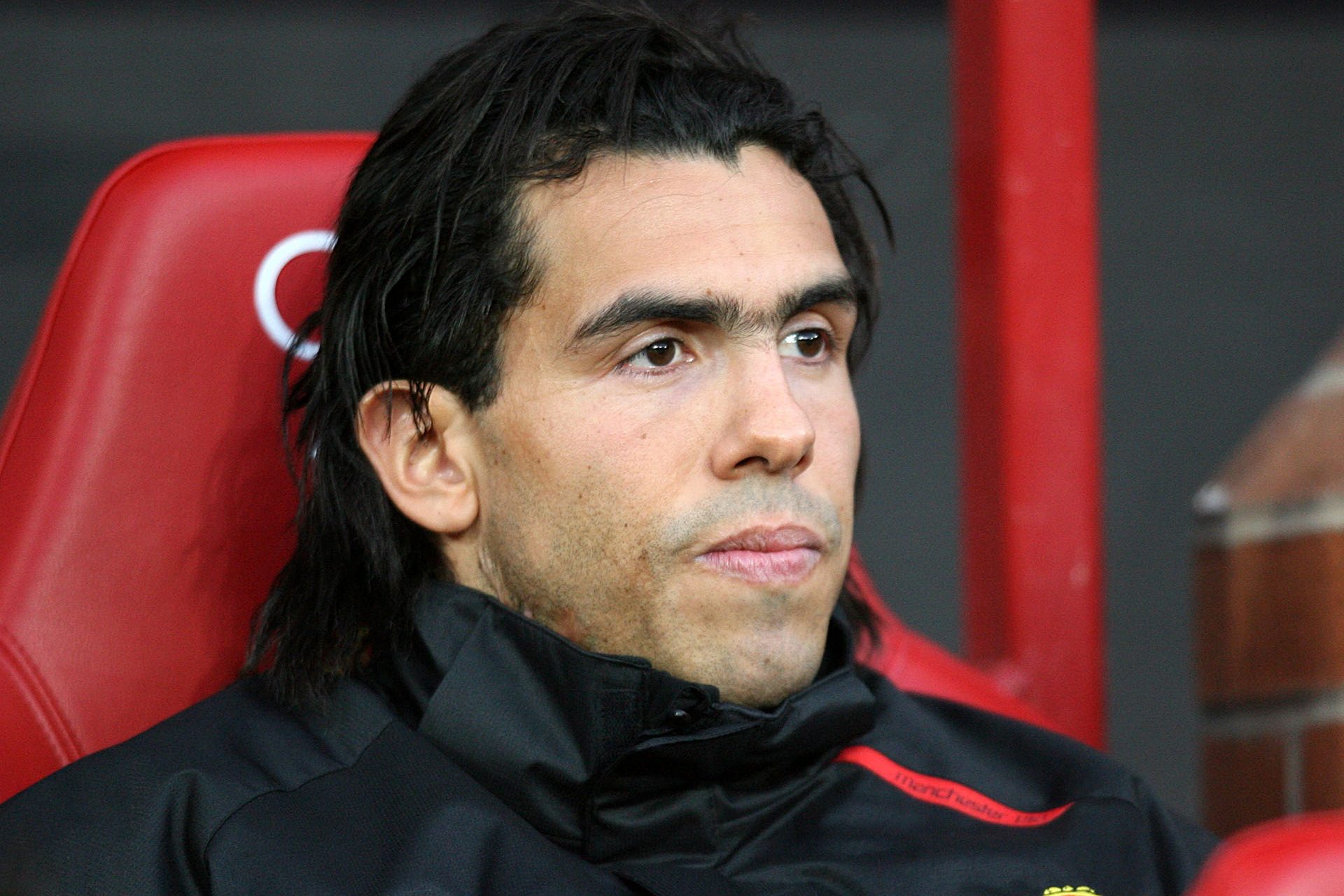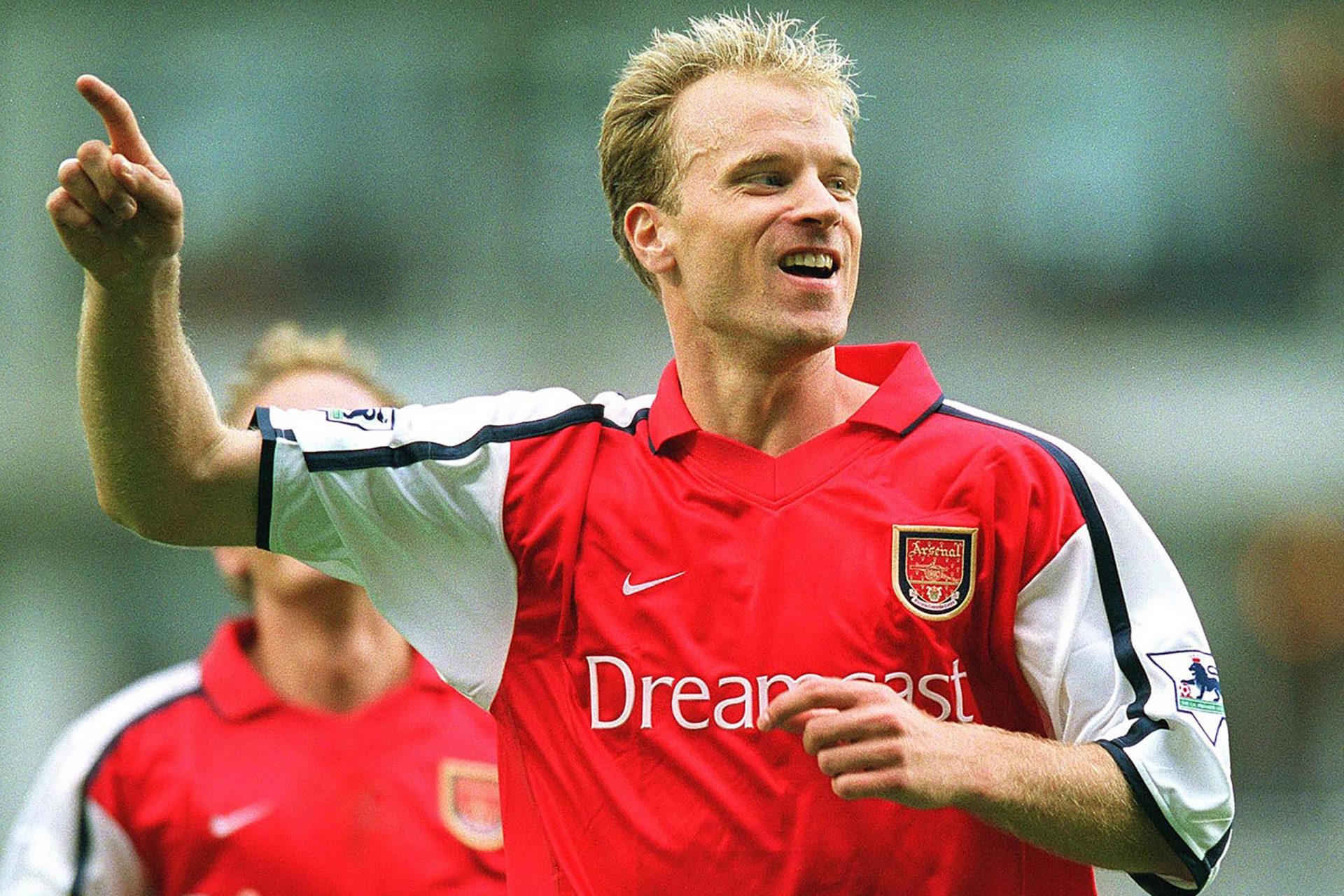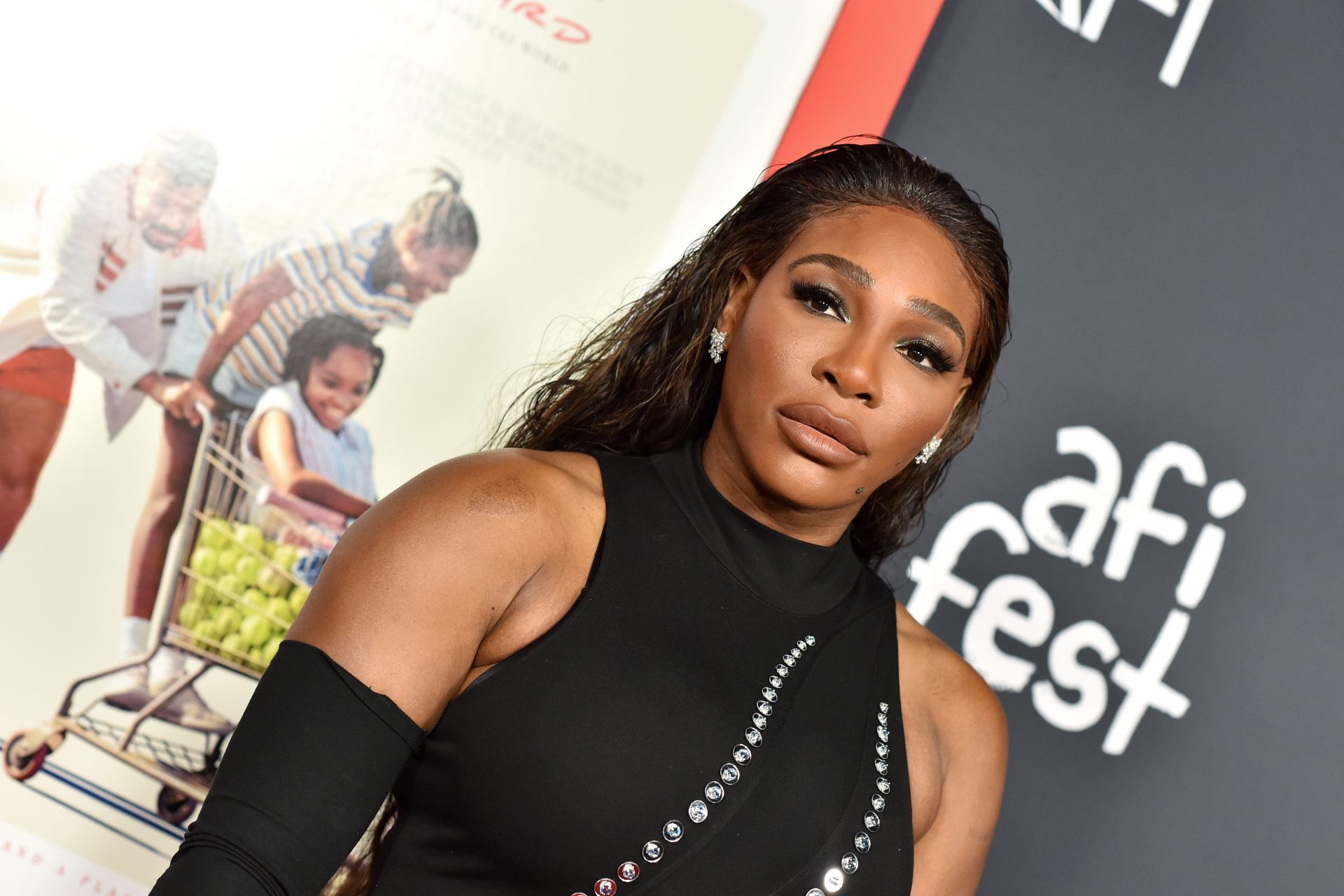Michael Vick: the epic rise and fall of football's fastest quarterback
Michael Vick was a once-in-a-generation quarterback that revolutionized football with his mobility and speed. Vick was set to be one of the greats but one terrible decision sent everything crashing down. Here’s the story of Michael Vick’s rise and fall.
Vick was born to two unwed teenagers and grew up in a financially depressed and crime-ridden housing project in Virginia’s Newport News.
Drug dealing and drive-by shootings were hallmarks of Vick’s childhood. But the future NFL star never let the adversity of his surroundings stop him from pursuing his dream of becoming a professional athlete.
"Sports kept me off the streets," Vick told Sporting News during a 2001 interview, “it kept me from getting into what was going on, the bad stuff. Lots of guys I knew have had bad problems.”
Vick had a knack for football at an early age and showed a prowess for the sport that eventually landed him the nickname Bullet.
During his high school years, Vick went by the nickname Ookie and was already impressing crowds with his abilities as a quarterback.
"He was a very good quarterback,” rival coach Stan Sexton told ESPN's Jamar Hudson while reminiscing about Vick’s time at Warwick High School.
According to Hudson, Vick finished his high school career with a stellar record of 4846 yards thrown and 43 touchdown passes according to sportscasting.com. It was this record that earned Vick a spot on the Virginia Tech Hokies.
In this first year with Virginia Tech, Vick led the National College Athletic Association (NCAA) in passing efficiency and set a record for the third-highest all-time mark at 180.4.
Vick was also awarded the ESPY Award and was recognized as the top college player of 1999 and also was the first recipient of the Archie Griffen Award, an honor given to college football's most valuable player.
With such an accomplished first year in college ball, Vick almost won the Heisman Trophy as a freshman But he was beaten out by Ron Dayne and Joe Hamilton.
Even though Vick didn’t win the Heisman, his third-place ranking as a freshman landed him on the cover of ESPN Magazine and helped launch him into the public spotlight.
Virginia Tech lost Vick after his sophomore year after the Atlanta Falcon gave up their 5th overall pick and a third-round pick in the 2001 NFL Draft in order to get the first overall and draft, Micheal Vick.
Vick’s first-round drafting was truly unprecedented since it was the first time a black player had been chosen as the first overall draft pick.
The Falcons did really start to play Vick until well into his second season with the team. But once he got onto the field, old Bullet showed the crowds what he was made of.
Vick broke a number of rushing records during his time with the Falcons and would hand the Green Bay Packers their first at-home playoff loss. Between 2002 and 2005, Vick was voted to the Pro Bowl by his fellow players.
Vick’s success at the time really can’t be put into scale. But putting a number on it might help. The Atlanta Falcons locked Vick into a $130 million dollar contract in 2005, making Michael Vick the highest-paid player in NFL history at the time. But it was at this zenith of success that everything came crashing down.
In early 2007 an investigation was opened into dog fighting rumors at Bad Newz Kennels—a dog kennel business partially owned by Vick.
The case put Vick under a microscope of public scrutiny and when the rumors of gambling, drug activity, and dog fighting turned out to be true there was no going back to the image of the ideal NFL superstar.
In July 2007, Vick was convicted on federal charges and pleaded guilty to one count of “conspiracy to travel in interstate commerce in aid of unlawful activities and to sponsor a dog in an animal fighting venture,” according to public court records.
During his sentencing, U.S. District Judge Henry E. Hudson told Vick that he needed “to apologize to the millions of young people who looked up to you."
Vick acknowledged his role in the dog fighting ring and said that he was “willing to deal with the consequences and accept responsibility for [his] actions,” which he did.
"First, I want to apologize, you know, for all the things that -- that I've done and that I have allowed happening,” Vick said in a public statement.
"I want to apologize to all the young kids out there for my immature acts and,” Vick added, “what I did was very immature so that means I need to grow up."
Vick renounced dogfighting and asked his friends, fans, and family “for forgiveness and understanding” as he moved forward in betting himself. "I take full responsibility for my actions,” Vick concluded, “I am totally responsible."
The NFL acted quickly after news of Vick’s conviction. The former Falcon was suspended for violating the NFL’s player conduct policy
In August 2007 the Atlanta Falcons owner Arthur Black stated that the team was looking to recover a portion of Vick’s $36 million dollar signing bonus—of which $20 million was later awarded to the Falcons by an NFL special master according to ESPN.
“During Vick's imprisonments,” wrote Bleach Report journalist Dave Auerbach, “[Vick’s[ lavish lifestyle caught up, and his legal team was forced to file bankruptcy.”
Vick lost every dollar he ever made with the NFL and spent 23 months in jail before being released in May 2009.
Surprisingly, NFL Commissioner Rodger Goodall decided to allow Vick to play football again. But the magic was gone. Vick signed a two-year contract with the Philadelphia Eagles and later two one-year contracts with the New York Jets and the Pittsburgh Stealers.
Michael Vick retired in 2017 and has spent most of his post-professional career trying to make amends for his past sins.
More for you
Top Stories


































